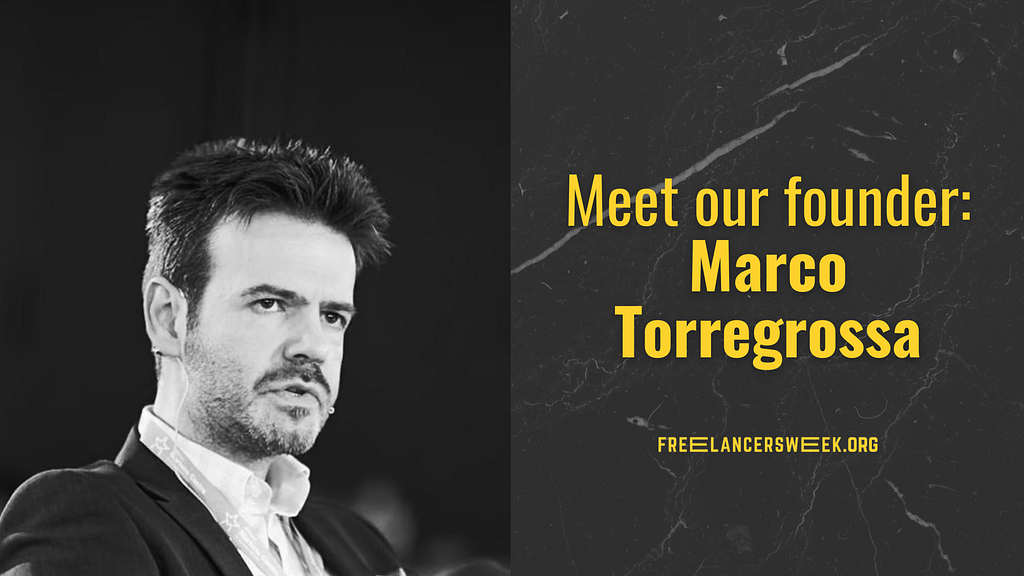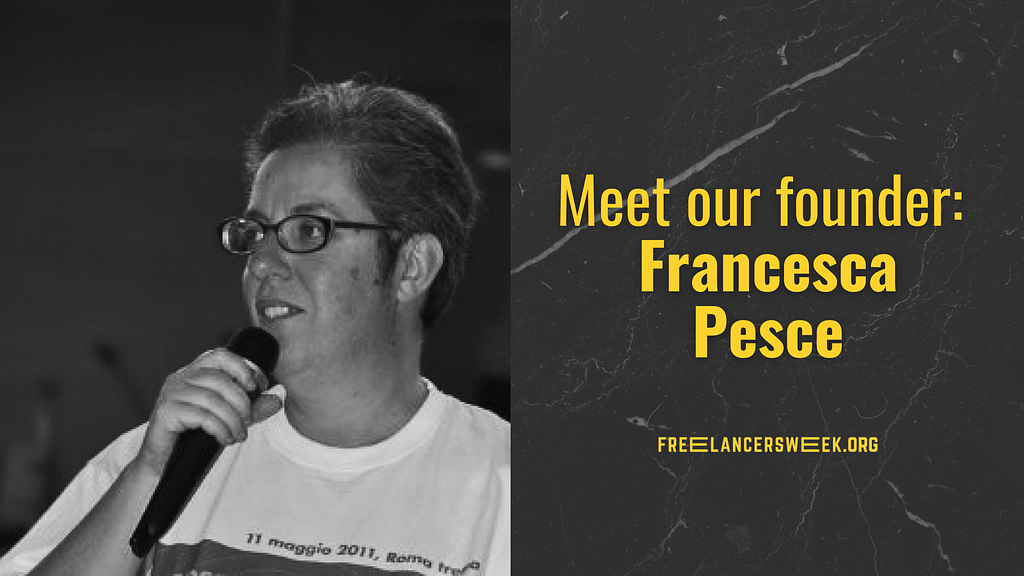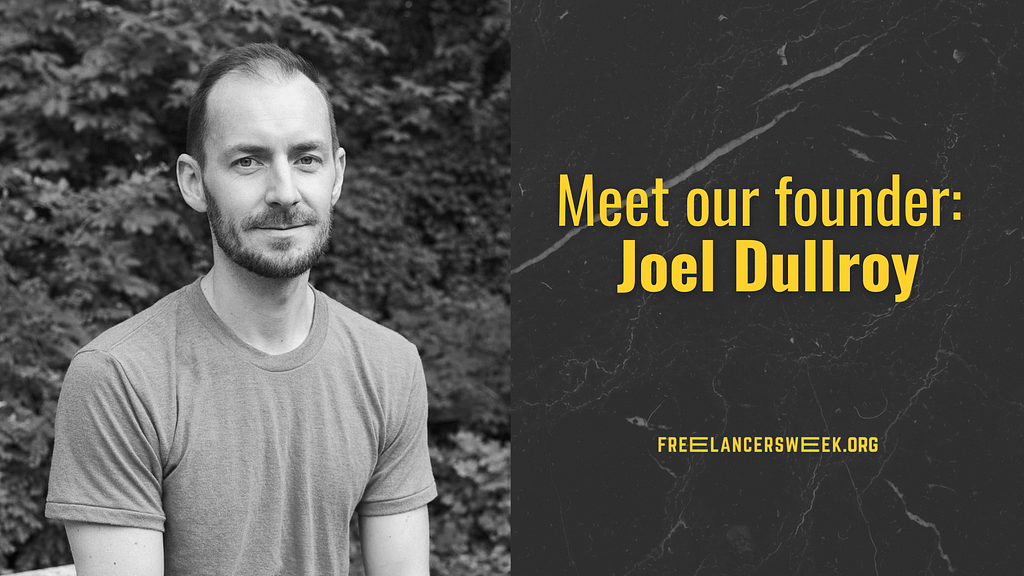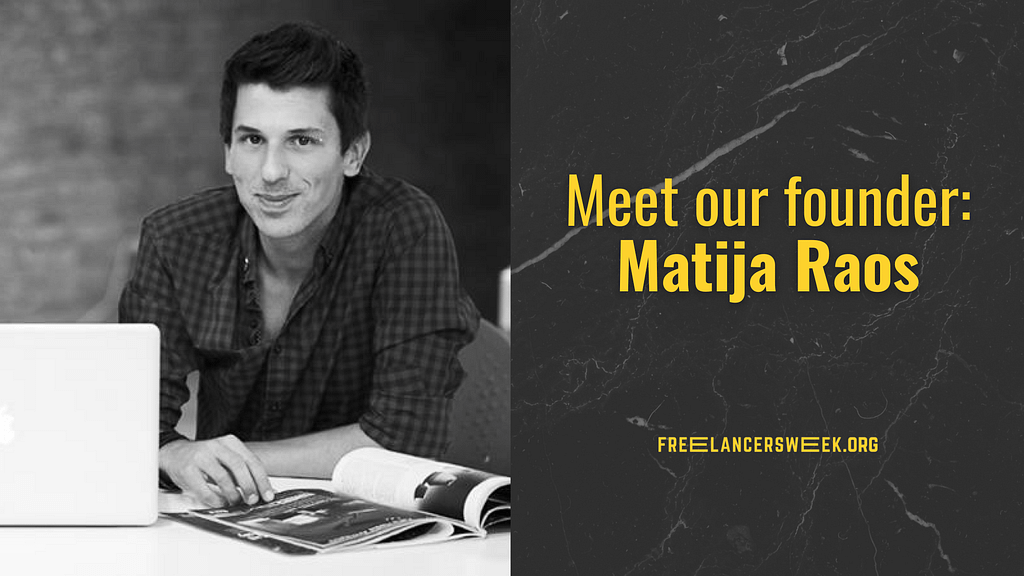General Coordinator for EFWeek, CEO of Euro Freelancers
Marco Torregrossa advises large and small companies on how to rethink the way they staff their projects and add flexibility to their workforce. His training as an employment lawyer and background as a former EU Commission policy officer has, for the past 15 years, made him a leader in government relations and advocacy efforts with regards to advising policymakers on the issues that one-person businesses and their ecosystem face. Torregrossa describes his efforts as follows:
“I write, speak, consult, and evangelise about the freelance revolution – thriving at the intersections of policy, HR, and technology.”
Besides Torregrossa’s many contributions to the freelance movement, he also fulfils several key roles in the industry: he has served since 2010 as the CEO for Euro Freelancers, a curated marketplace for consulting and legal services on-demand and an investment firm into technologies enabling network effects; he has been the Secretary General of EFIP, European Forum of Independent Professionals, from 2014 to 2019; and he joined the team at EFWeek as General Coordinator in 2016.
Torregrossa explains how, during his early years at EFIP, a simple campaign to reach out to fellow freelancers in Europe, to help encourage a sense of community with a clear purpose, transformed into something much larger:
“Back in 2014 I was the Secretary General of EFIP (the European Forum of Independent Professionals), a European association that represents the interests of one-person businesses and freelancers, and our members were national association of freelancers in European member states. The objectives of EFIP were always advocacy and organization involved with public policy and lobbying at a European level regarding governmental regulations. It was something far away from the masses…
“One of our members, Joel Dullroy, from the German association of freelancers and an activist promoting the freelance cause… gave us the idea that we needed a grassroots approach and needed to do more campaigning on the ground that was not tied up with the political messages that we were trying to advocate for. So, we drafted a manifesto and the manifesto included five points in support of the freelancers which we put on our website where we asked people, freelancers, to sign up by adding their email address. We didn’t place a lot of hope that anything was gonna happen but in around six months’ time, we got 10,000 email addresses. All of a sudden, we were the organization that had the most leads for freelancers in Europe…
“It was a huge success. So, we collected the 10,000 signatures and we brought them to the European Parliament in a sort of ceremony where we found one member of Parliament that was supportive of our cause. We went, there was the prize and we got a few pictures, shook hands and we submitted the manifesto to the member of parliament.”
Torregrossa noticed that the majority of the signatures came from Germany and Croatia because of the massive amount of support the initiative received from Dullroy’s efforts in Germany but also by another fellow EFIP member in Croatia, Matija Raos, from the Croatian Independent Professionals Association (sadly Raos recently passed away). Raos’s idea was to capitalise on the success of the movement and to organise a series of events for freelancers by freelancers. European Freelancers’ Week was born. The rest, as they say, is history.
The five points as listed in the manifesto that he helped write are still represented in the core values and goals of EFWeek to some extent, but Torregrossa hopes that future event themes are more clearly aligned with these to make the objectives of the various events not only clearer to event organisers and attendees but potential sponsors as well. The five simple points in the manifesto are defined by him as follows:
- Recognition: “We need to recognize the value of freelancers as economic agents in their own right. That they provide a very distinct and important function than employees or entrepreneurs.”
- Definition: “Which is closely tied to the first point (recognition) because the different countries define freelancers in different ways. We wanted to have freelancers defined as a unique subset of the micro-enterprise for the purpose of the European SME definition. We wanted a review of that text or any other legislative text to say, okay, we give guidance and we outline the characteristics of a one-person business or freelancer in accordance to our definition. And again, this is very linked to what I said before about recognition: you can’t have recognition without definition; you can’t have definition without recognition.”
- Regulation: “Having better regulation by simplifying policy and specifically considering the needs of freelancers.”
- Access: “To create the right incentives, and infrastructure to ensure the freelancers can access certain things, such as coworking but also procurement, finance, social security (became very important), training, and tax benefits all at the same level and conditions of employees.”
- Counting: “This is another very important issue in terms of legislation but also otherwise: how to calculate, properly, the freelancers in the national statistics. At the European level that meant Eurostat labour force survey that did not include one-person businesses in their calculations. Through correctly being counted and included in the national statistic, by Eurostat, freelancers would be validated through their growing demographic size and so on.”
When asked what he believed was the biggest impact that EFWeek has on the freelancer community, coworking spaces role in the community and his hopes for future of EFWeek, Torregrossa commented as follows:
“The European Freelancers’ Week is the largest festival (I like that word ‘festival’) in the world for independent workers to say, ‘We want to support the 12 million highly skilled self-employed workers in Europe to discover and to band together with their peers and to promote the freelance economy’ so that, as I said before, we are more recognized…
“I was very happy that Jeannine van der Linden from the European Coworking Assembly got on board and became the coordinator because we’ve always been in partnership with the coworking movement, but now there is a better focus on the ecosystem including coworking spaces, which is exactly where the freelancers can be found. You want to spot freelancers, you go to a coworking space. If you want to organize an event for European Freelancers’ Week, most likely you’re a coworking space doing it because freelancers alone are not able…
“One of the things that I’ve always advocated for European Freelancers’ Week was to go global.
As a matter of fact, if you notice carefully that our website is called freelancersweek.org, not Europeanfreelancersweek.org, I have insisted from the very beginning that we should just test the waters and then go global.”




